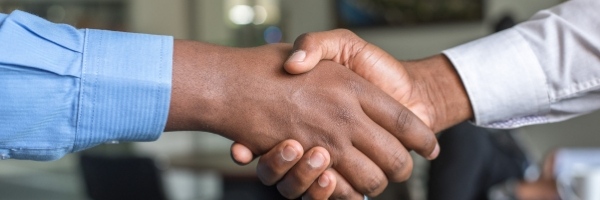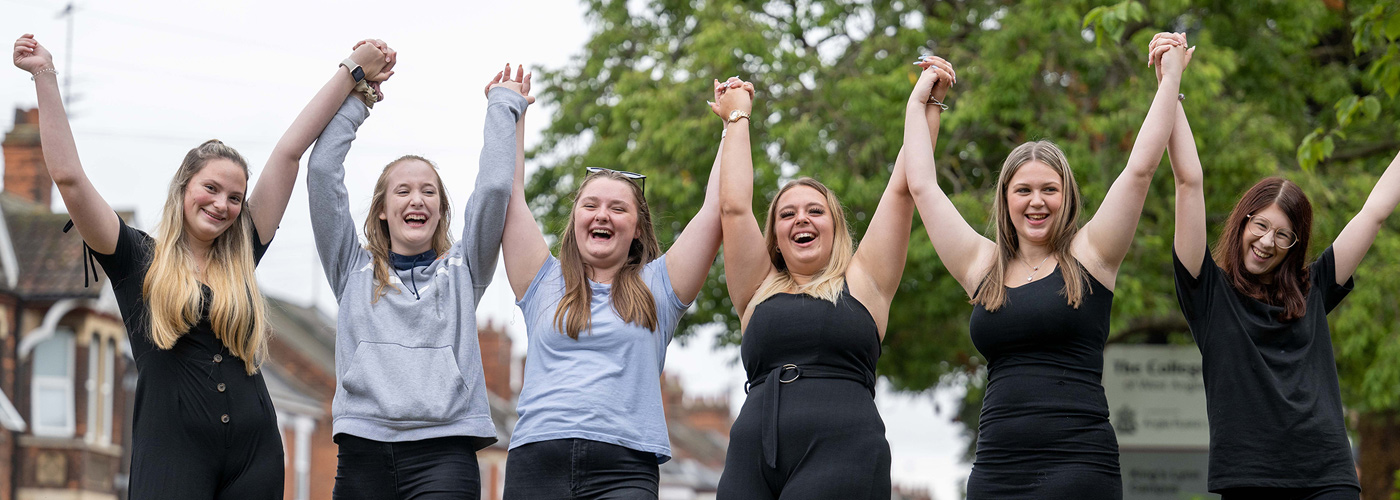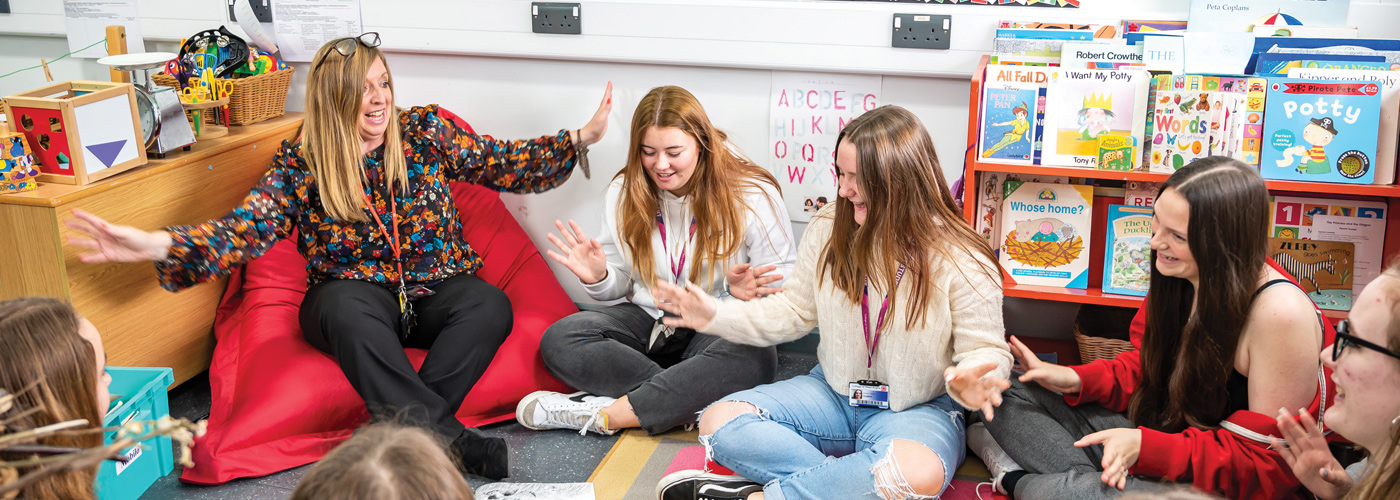Interviews can be a daunting prospect.
Here’s how to read your interviewer’s body language so you can tell if it’s going well or not, or if there’s anything you can do to increase your chances of success.
Body language: Not making eye contact
What this could mean: This could mean that your interviewer is either distracted or disinterested. Try to quickly get to the point you are making and ask them questions to force them to start listening and responding.
Body language: Making eye contact
What this could mean: This means they’re probably interested in what you’re saying and feel engaged by the conversation - good job!
Body language: Arms folded, flared nostrils, feet pointed towards exit
What this could mean: This could mean that the interviewer disagrees with or is offended by what you are saying. It might be a good time to assess your behaviour - are you being confrontational or arrogant? Remember that the interviewer is in charge here. Careerbuilder.com advise: “remember that no one owes you a job, no matter how well qualified you think you are. Remember your manners and show them that you appreciate their time with a simple but genuine “thank you.””
Body language: Sitting forwards
What this could mean: Congratulations, it’s likely that the interviewer is interested or engaged in what you’re saying. Keep doing what you’re doing.
Body language: Sitting back
What this could mean: If your interviewer is sitting back in their chair it could mean that they’re bored or disinterested. It could also mean that they’re trying to look bored or disinterested on purpose to make you feel under pressure. Here are some techniques from Balance Careers you can use to help you connect with your interviewer that may help the situation (it helps if you employ these from the start to avoid the situation in the first place):
- Be friendly, smile and greet the interviewer warmly
- Show your interest in the person as well as the role, such as asking how long they’ve worked at the company, or how long their commute is, or how they find the company culture
- Make eye contact
- Show you’re interested by leaning forwards and listening actively, nodding or responding to everything they say with a ‘ok’ or ‘I see’
Body language: Fidgeting or tapping
What this could mean: Fidgeting or tapping on the desk with a finger or pen could mean that the interviewer needs to wrap-up and finish the interview. This doesn't necessarily mean that the interview has gone badly, it could just be that they have a meeting to get to. Either way, you should read the signs and wrap up what you’re saying or ask them if they want you to go into more detail.
Body language: Raised eyebrows
What this could mean: This could indicate that your interviewer doesn’t believe what you’re saying. You shouldn’t lie in an interview anyway.
Monster.com advise: “Telling the whole truth about yourself in a job interview may mean losing a position to a better-qualified candidate. But the alternative - lying about your degree, qualifications, or experience for short-term gain - inevitably will come back to haunt you.” If you suspect your interviewer mistakenly believes you’re lying, you could try asking them if there is anything you can clarify for them.

Want more interview tips? Click here




